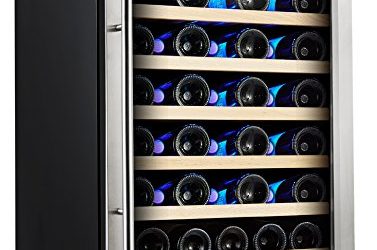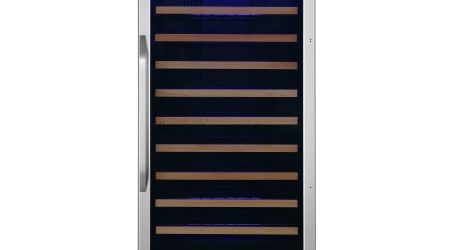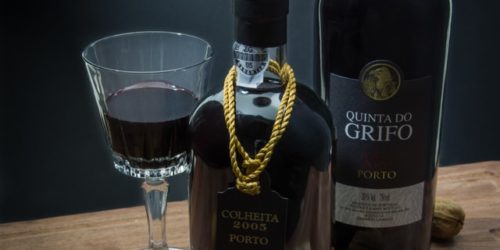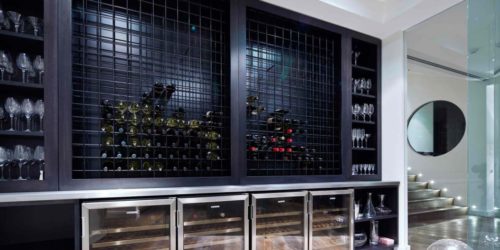RUDY
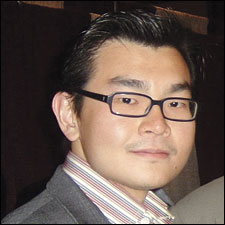 Disgraced wine collector and alleged fraudster Rudy Kurniawan is now on trial, but the wackiness began before he even stepped in court on Monday, 9 December.
Disgraced wine collector and alleged fraudster Rudy Kurniawan is now on trial, but the wackiness began before he even stepped in court on Monday, 9 December.
During a pre-trial hearing in New York at the beginning of December, Kurniawan’s own expert witness, Cornelius Robert Collins, who worked for San Francisco’s Draper and Esquin in the 1970s, said that 80 per cent of the wine that police seized in his home was fake.
After viewing 50 cases of wine that had been seized by police, district judge Richard Berman asked him how many were likely to be fake and he replied that he believed 80% were counterfeit.
If you thought pleading insanity over fraud charges would be the most unusual turn in this case, it might just be the tip of the iceberg.
In November, the wine world found out that Kurniawan – who is charged with mail fraud for allegedly creating and trying to sell counterfeit wine and as wire fraud for allegedly using counterfeit wine as collateral for a $3-million loan – was considering an insanity plea. His lawyers requested to have him examined but denied that it was an attempt to delay the trial. He was even granted permission to wear designer suits during his trial rather than the standard-issue prison clothes that are the normal garb for those on trial.
On the opening day of the trial, the defence described Kurniawan as an outsider who spend his entire life not fitting in and always wanting to belong. Furthermore, his lawyer, Jerome Mooney, claimed that his client is simply being blamed for the sins of everyone involved in the buying and selling of fake wines.
Kurniawan, who was known as Dr Conti for his appreciation for Domaine de la Romanee-Conti, has been in custody since his arrest in March 2012. He faces up to 20 years in prison if found guilty for counterfeiting wine. If these recent developments are a sign of things to come for the defence, Kurniawan’s lawyers might want to consider a different tactic.
Since his name first started floating around the wine world, Kurniawan has attracted attention for being a little bit different, perhaps eccentric. But the fact he suddenly appeared in the wine world with an impressive cellar and a penchant for living the high life baffled people. He came from a wealthy Indonesian family, but this didn’t explain how he had amassed his wine collection apart from the fact he claimed to have found a ‘magic cellar’ in Europe. There was no doubting he had a good palate, however, and this went some way to earning him legitimacy and some degree of trust in the wine world.
We here at 12×75 have followed this story closely since it first developed and have found the entire story to be difficult reading for anyone who has knowledge of the fine wine auction market. While there are those who say that counterfeit wine is rife on the auction market, others have been less willing to accept such allegations. Either way, if Kurniawan’s actions turn out to be true, they stand the chance of rocking the wine world off its foundations and forcing those involved in the auction circuit, from producers to auctioneers and collectors, to reassess their entire business model.
Now that the trial has begun, we have the opportunity to hear from Kurniawan himself and gain a better understanding of why he did what he did. From where we stand, the evidence collected so far does not bode well. Laurent Ponsot showed the world that fake bottles of his own wine were being sold at auction; the police found what appeared to be a counterfeiting factory in his apartment; and now an expert has examined the bottles and raised yet more suspicions. There is also the lawsuit that billionaire Bill Koch brought against him in 2009 for five bottles of Bordeaux and Burgundy that were bought at auction.
Prosecutors say Kurniawan ran a classic bait-and-switch scam, putting cheap wine into bottles that looked like their more expensive counterparts, such as Domaine de la Romanee-Conti, and then selling them at auction to the highest bidder. The defence argues that he bought and sold counterfeits like many others in the wine world, with the only difference being that he was the one who got caught.
If there is any tragedy here, it is that someone with Kurniawan’s talent fell onto the wrong side of the law. But if he also has the incredible palate and ability to blend wines as many people allege, we can only imagine how far he could have gone in life if he had done this legitimately.
The trial continues and is expected to run for several weeks.


